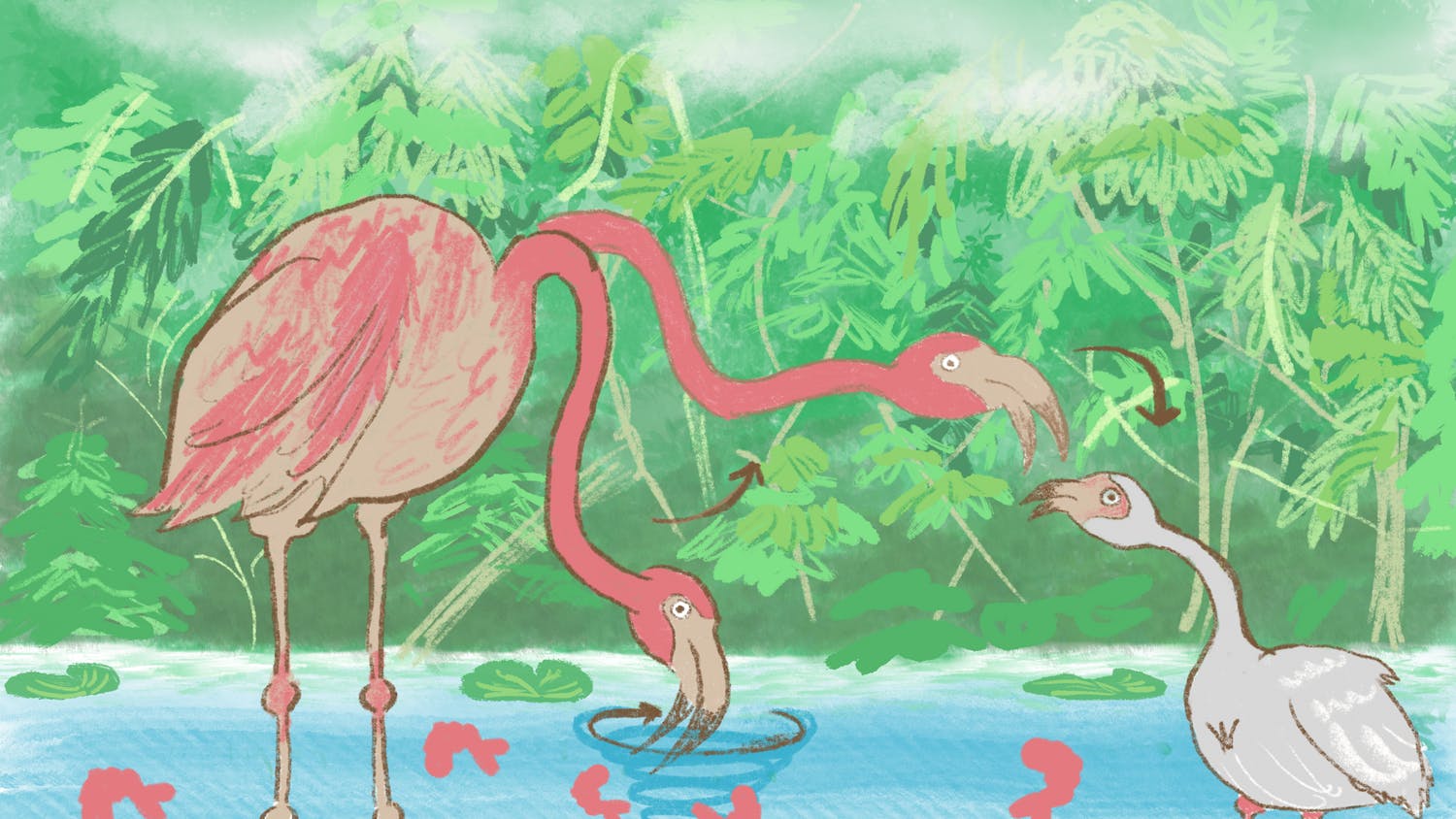I’m sure a lot of things come to mind when you think about fan fiction. Bad grammar, poor plot lines.
Personally, I think of gay porn. But that’s the side effect of a long summer on Tumblr where my nerdy friends had nothing better to do than write their two favorite male characters into poorly developed relationships based purely off of spontaneous sex.
Sadly, this is the impression many people have regarding fan fiction because of their exposure to sites such as Tumblr.
What people don’t realize is there is a past and a future for fan fiction off the web, and it’s actually a great benefit to writers.
Anna Todd is one of many online fan-fiction writers. She’s best known for “After,” her rather long, erotic One Direction fan fiction.
After noticing all of the attention “After” was getting, Wattpad, the site Todd was publishing on, took the story to an imprint of Simon and Schuster, and one six-figure book deal later, Todd is looking at a four-book series with the first already in stores.
Todd isn’t the only fan-fiction writer to bring her work into the real world. Fun fact: “50 Shades of Grey” began as a “Twilight” fan fiction, and now author E.L. James has sold millions of copies ?worldwide.
Cassandra Claire, author of the “Mortal Instruments” series, began as a Harry Potter fan-fiction writer.
But published fan fiction dates back even ?further.
In 1913, Sybil Briton published “Old Friends and New Fancies — an Imaginary Sequel to the Novels of Jane Austen,” which became the first Jane Austen fan fiction ever published.
In 1968, Jennifer Guttridge wrote “The Rise of Soshern,” a “Star Trek” fiction in which Captain Kirk and Spock become lovers. It became the first slash fiction ever published.
Fan fiction is by no means a fruitless type of writing. It’s not just a bunch of 18-year-old girls writing themselves into really hot sex scenes with their favorite characters — that’s only part of it.
For people who want to write, the world of fan ?fiction is mecca.
You already have the people and places you love, and now they’re in your control. The best way to get better at ?something is to do it.
The collaboration in fan fiction is a benefit of the Internet that every writer needs. Forums allow for feedback and criticism. People can share their thoughts and you can adjust the story as you write, slowly getting better as you come into your own style.
Another bonus to online fan fiction is the option of anonymity. Many writers publish under a fake name to protect their identities and feel more confident while posting.
Fan fiction is making it easier for young writers to develop a story and get over the nerves of publishing their work. They’re learning to accept criticism and how to apply it and how to tend to an ?audience.
So don’t wrinkle your nose the next time you hear someone talk about fan fiction. It’s a growing industry brimming with talented people.
lnbanks@indiana.edu





